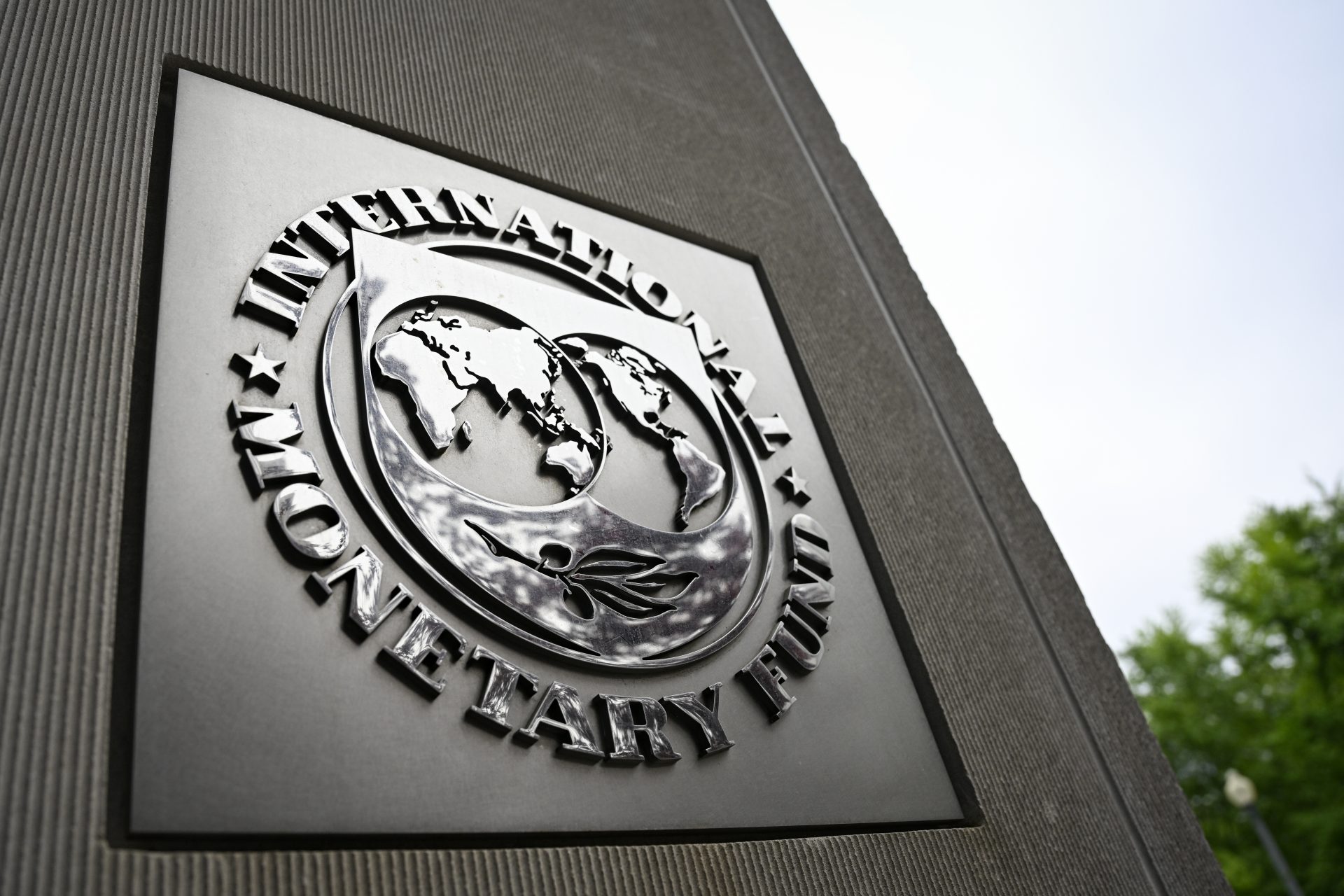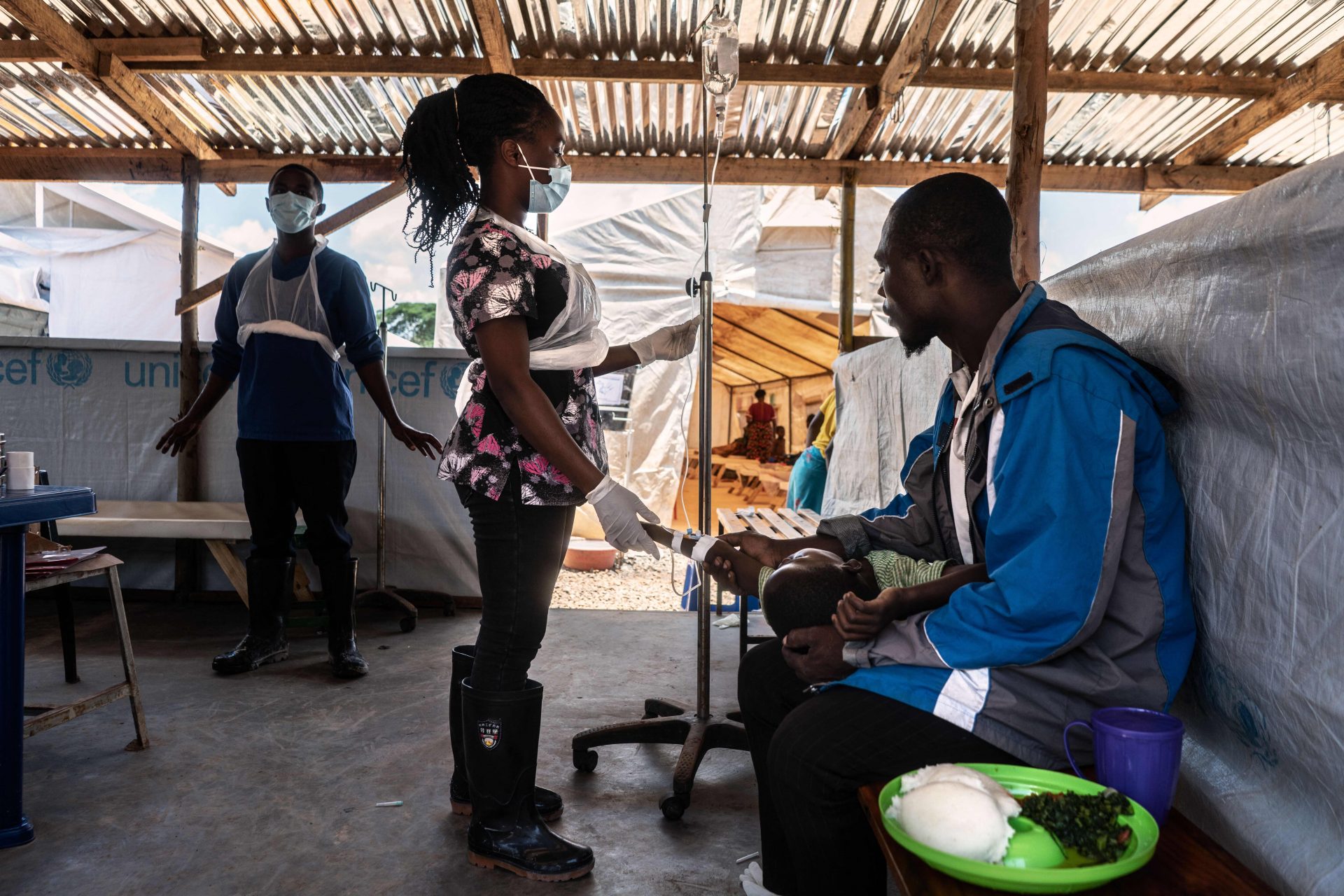Greece is burning: experts blame it on climate change
Several areas of Greece are on fire. It is an immense wave of blazes: in the past week, nearly 200 fires were observed, and on one day as many as 118 were added to the count. August 2021 has started in the worst way for the struggling southern European country.
Fires began blazing in the north of the country, but they have now also reached the gates of Athens. In the image is a residential neighbourhood near the Greek capital. The Peloponnese peninsula in the south is also burning.
The proliferation of fires in Greece is a recurring problem, summer after summer. This year's particular severity has an explanation: record temperatures. Greece is facing extreme heat, with 47'1º Celsius (116.78°F) measured in the northern town of Lagadas.
Greece is a hot territory in summer, but experts say that a heat wave of the current calibre has never occurred before. They explain it with the climate crisis, which causes persistent extreme temperatures in places where they were once episodic.
To the explosive cocktail of Greek summer and climate change, add drought and strong winds to create even more dangerous situations. The winds are fanning the sources of fires and complicating their extinction.
The fires have sprung mostly in Greece, but neighbouring Turkey, subject to the same extreme heat wave, is also seeing blazes in some areas. The image shows a charred area in the Turkish region of Savaştepe.
The disaster is of such intensity that The Netherlands and Spain have sent troops to help fight the fires.
Some areas are literally and entirely destroyed. Houses have been turned into ruins and ash, causing an economic cost that is yet to be fully calculated. In terms of income, Greece depends on a tourism industry that obviously came to a halt as soon as the fires started to get out of control.
The fires have forced hundreds of people to evacuate. Authorities fear a collapse of the power grid, as the Kemerkoy thermoelectric plant has been threatened by the flames.
There are people who continue to insist that phenomena like this (extreme heat and fires) have occurred before. And that's true. But scientists point out that high temperatures are particularly persistent in the past years. It's just not sustainable to have a summer with days over 40º Celsius (104º F) at a near-daily basis, as is happening in Greece and Turkey lately.
The fires leave behind a succession of scorched landscapes that will take years to revive.
The fires threaten emblematic places like Olympia whose ruins form an invaluable world heritage site. Firefighters and volunteers try their best to keep the blazes from reaching into the archaeological site.
While the mainland of Greece burns, there are also very powerful fires on islands such as Kos, Rhodes and Euboea.
Experts are saying that the climate crisis and global warming should have a much greater presence on the political and institutional agenda. Fires like those in Greece show that action is urgent.
Despite the efforts of firefighters and volunteers, the blazes win too many times.
Coasts like those of Turkey (in the image) witness the demise of their dreams of economic recovery by summer tourism after a year of pandemic. In Greece, everything burns, from the forests to the cities. And it's not over yet: large areas of Italy and Macedonia are also expected to see extreme temperatures in the weeks to come.
More for you
Top Stories





























